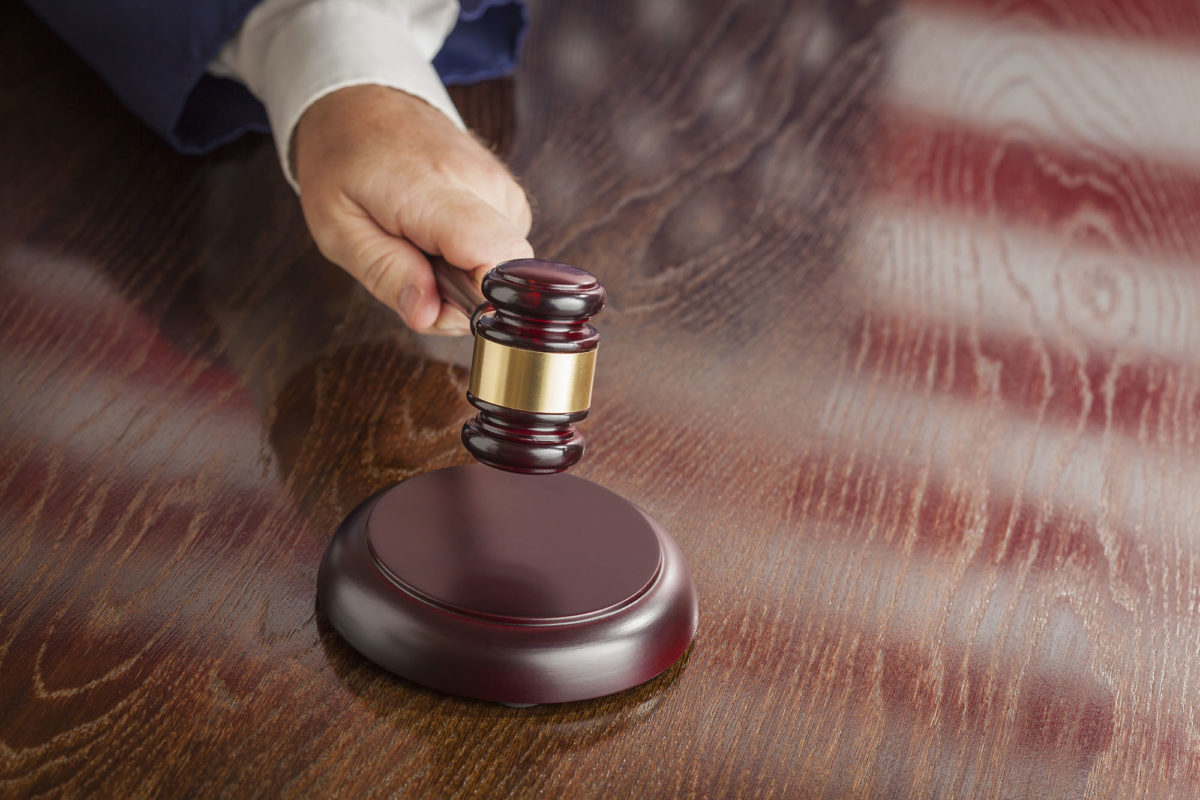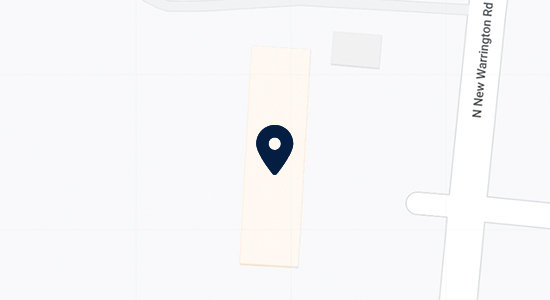- Free Consultation: (251) 483-1440 Tap Here to Call Us
The Dookhan Controversy: Evidence Mishandled, Cases In Limbo

One of the biggest criminal justice system scandals of recent memory is still, to an extent, ongoing. The Annie Dookhan case refers to a former drug forensics employee who allegedly tested drug evidence to put people accused of drug crimes behind bars. The problem with Annie Dookhan is that in many cases, she didn’t test the evidence at all and simply claimed that the evidence was “positive” so that investigators and prosecutors could lock people up, regardless if they were guilty or innocent. The evidence Dookhan handled simply wasn’t done so in a proper, compliant and fair manner.
What makes the case even more galling than that is that even when whistleblowers called out Dookhan, there was still an attempted cover up. Dookhan kept working, until she was eventually — finally — charged for her misconduct. How many innocent people were convicted during the cover up? How many innocent people were convicted during her entire career?
The Dookhan case brings two important factors to the forefront of the criminal justice world. The first is the handling of evidence in criminal cases. The chain of custody of evidence, and the way it is tested and handled, are absolutely vital steps in the process. And yet most people simply don’t consider the ramifications of these processes going wrong. Tainted evidence; improperly tested evidence; lost evidence; these things can swing cases and change lives.
Which leads to the other important factor: expungements and overturned convictions. People who are incorrectly accused or convicted of crimes deserve to have their cases thrown and their names cleared. With the Dookhan case, there are simply too many people who were affected, so it has been difficult to get cases overturned, retried or appealed. There are still nearly 25,000 people who were convicted as a result of Dookhan’s antics.
Source: Slate, “Massachusetts’ Drug Problem,” Mark Joseph Stern, Sept. 30, 2016












